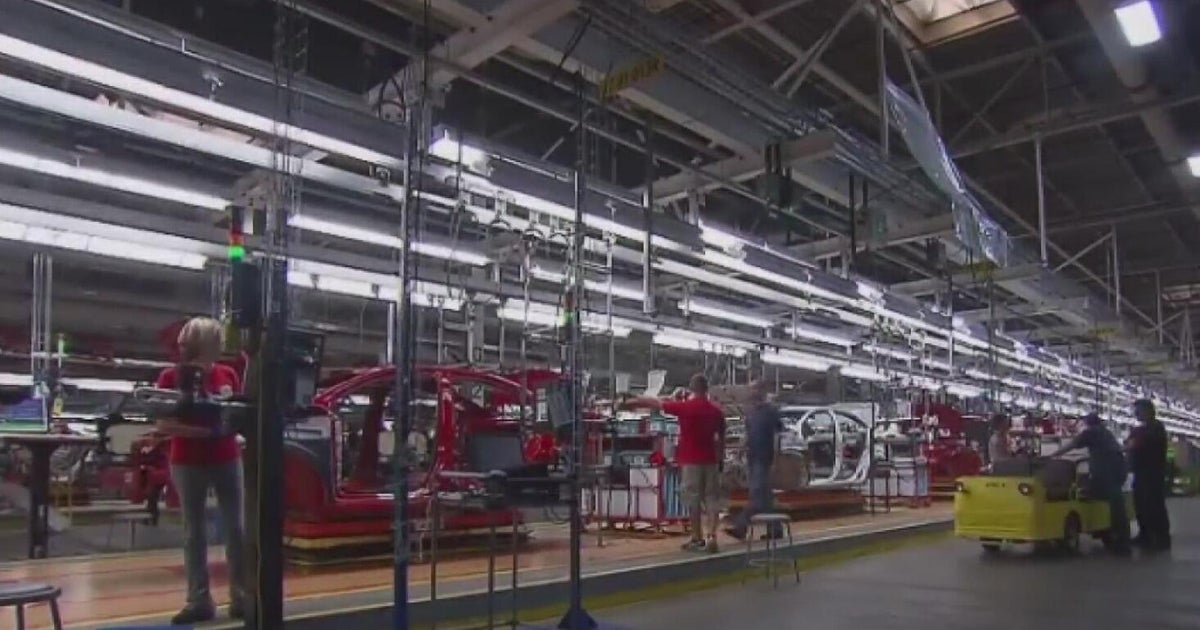This Labor Day, experts say California’s job market is going through a dramatic shift. They’re calling it a “white-collar crack-up.”
For the first time in state history, white-collar jobs are shrinking, while blue-collar positions are on the rise. Construction, manufacturing, and other hands-on service jobs are expanding, many offering more openings and better pay. At the same time, employment in finance, tech, and other professional sectors is seeing cuts.
Michael Bernick, former director of California’s Employment Development Department and now with Duane Morris LLP, says the slowdown in white-collar hiring has several causes.
“Employers aren’t letting go of workers in large numbers, but neither are they hiring,” Bernick explained. “There’s a much greater caution, especially among white-collar employers.”
Among the factors fueling this shift: the rise of artificial intelligence, over-hiring during the pandemic, and tightening budgets at the federal, state, and local levels.
The competition for white-collar positions has intensified. According to Bernick, “At least half of college graduates are working jobs that don’t require college degrees.”
The numbers reflect the pressure. The national unemployment rate is currently 4.2 percent, but California’s rose to 5.5 percent in July.
Still, there is good news in the growth of blue-collar industries. “The positive news is our blue-collar economy is coming back,” Bernick said. “There’s opportunities in construction, in manufacturing, in forest management.”
Healthcare and social services are also expanding due to increased demand. But Bernick notes that wages in some of these sectors still need to catch up.
“Hopefully, we’ll overcome the prejudice that white-collar jobs are somehow more prestigious than blue-collar jobs, when in fact, in terms of value, it’s probably the opposite.”
For those struggling in the white-collar market, Bernick offers reassurance: if you’ve been searching for 10 months or longer without success, you’re not alone. Often, he says, rejection reflects broader economic realities, not a person’s abilities.
More from CBS News

